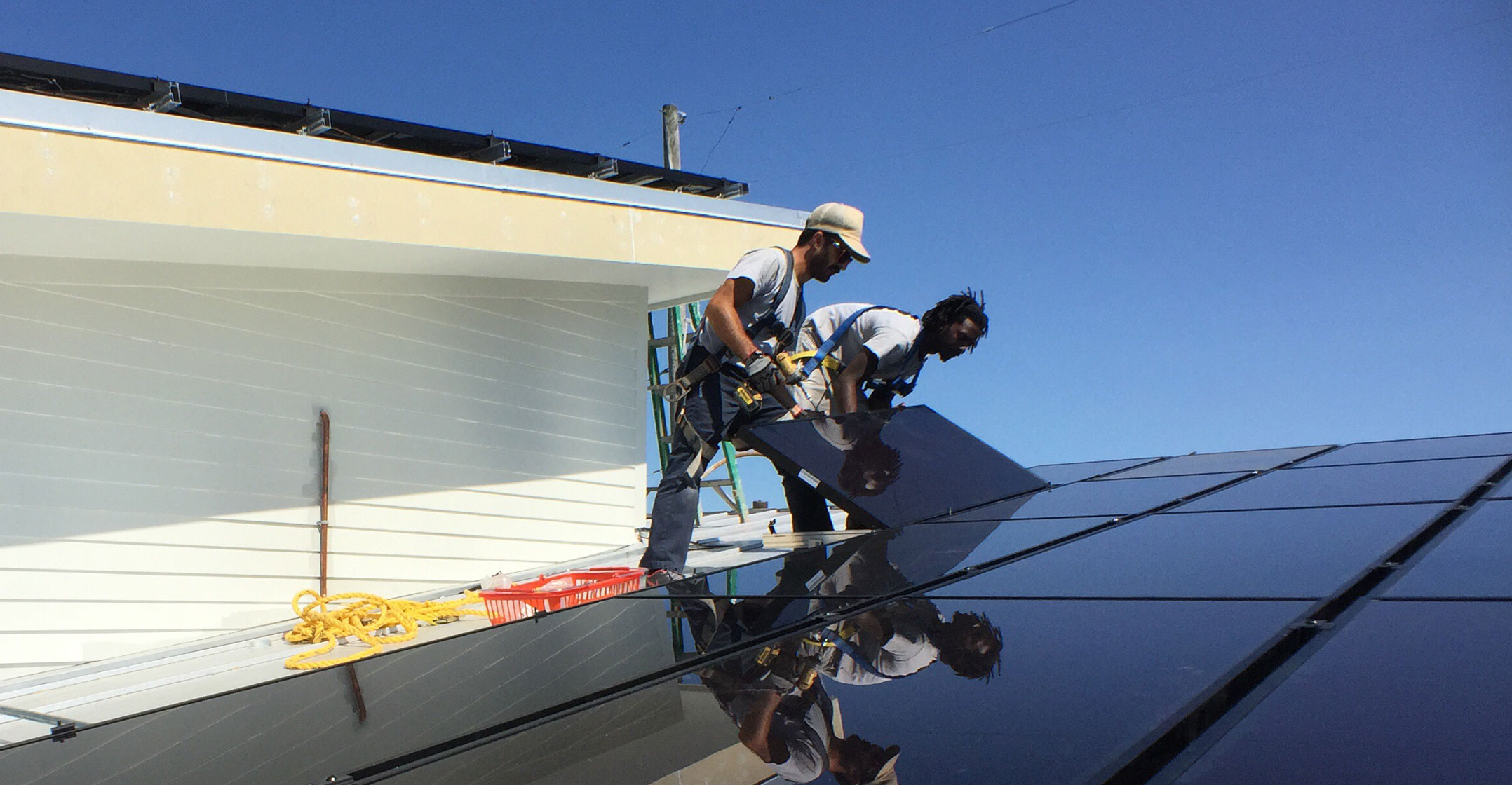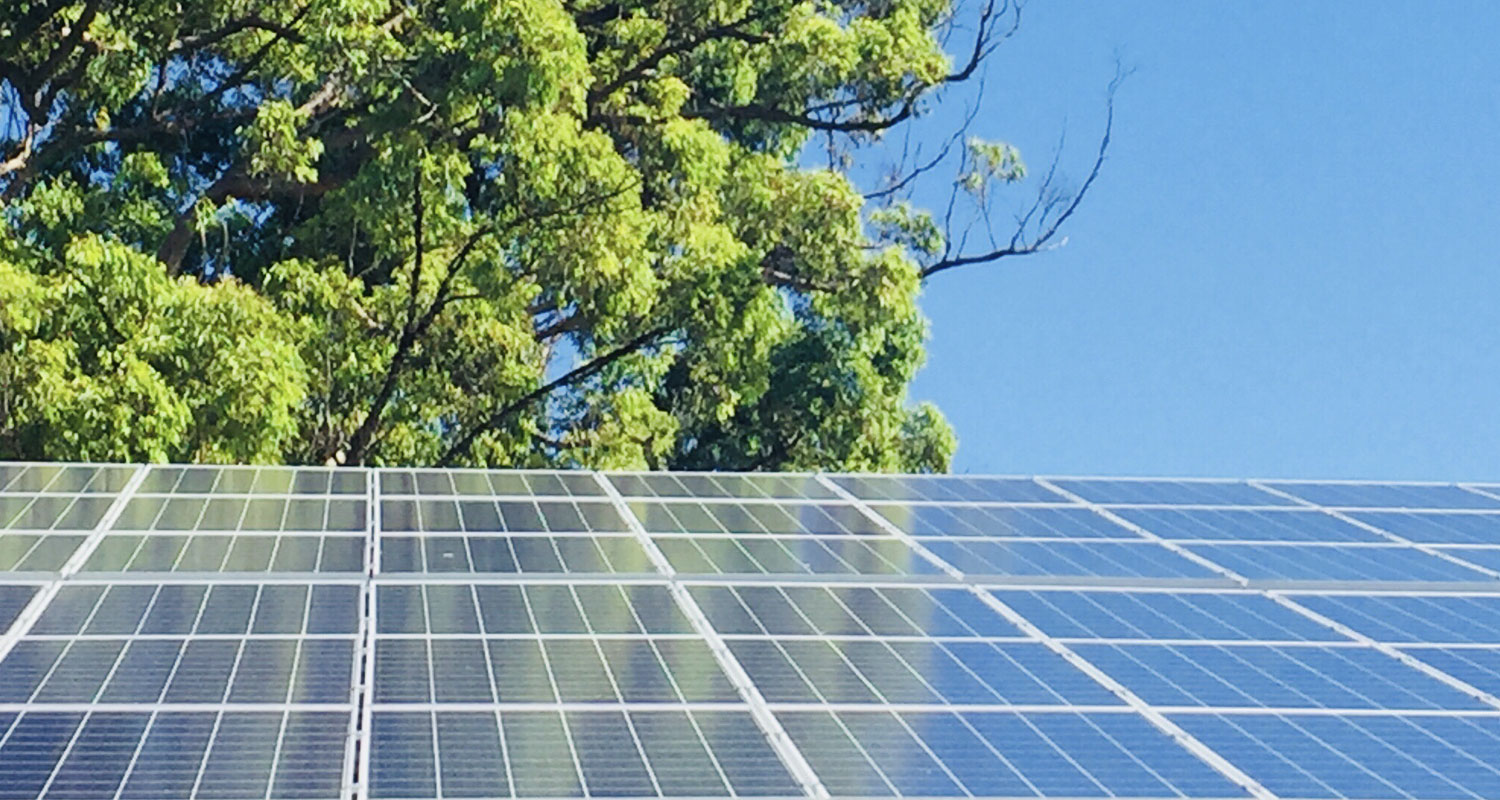 Articles claiming Eskom will impose a new R938 levy on South African solar users are “fake news”. There is no proposed special levy for solar users.
Articles claiming Eskom will impose a new R938 levy on South African solar users are “fake news”. There is no proposed special levy for solar users.
Instead, Eskom has applied to energy regulator Nersa for a new tariff structure for all homeowners that would include a fixed cost and variable cost.
The idea that solar users would be charged a special levy or penalty is misleading. Only if approved, fixed charges would apply to anyone who is connected to the national grid without any discrimination between municipal or solar users, which by necessity would include solar users who are still grid-tied.
This would be to cover the cost of providing the connection, especially for those times when solar users switch to the grid as a backup battery system. Variable costs would then depend on the individual user’s energy consumption.
However, slightly different tariff structures would apply for municipal users and solar users.
Solar users’ fixed charges would likely be slightly higher than ordinary municipal users to account for higher demand, administration and supply costs. However, solar users would have lower variable charges because of their lower energy usage, which represents a significant cost saving as electricity prices soar.
Additionally, many households also receive a discount on the energy they feed back into the grid, depending on their area and municipal provider, which means that solar users can save thousands on their bills over time.
These include residents in the City of Johannesburg, the City of Ekurhuleni, the City of Cape Town, Eskom clients and soon eThekwini in KwaZulu-Natal.
Still highly attractive
This means that solar power still represents a highly attractive investment for securing clean and reliable energy for your home while saving money on electricity or diesel for generators.
The reality is that Eskom simply does not generate enough energy to cater for all South Africans’ needs, and load shedding will be with us for years to come.
It’s not usually advised that that users go completely off-grid as this requires exponentially more battery capacity and carries a much higher price tag, but even an 80% off-grid system offers significant long-term savings despite any changes in Eskom tariffs.
Panic over the supposed levy is a red herring. Solar users should rather be concerned about ensuring that their systems are properly registered with their respective municipalities as “small-scale embedded generation” (SSEG) units.
Without this, the solar connection is seen as illegal in terms of South African law, and users could face hefty fines and penalties potentially amounting to thousands of rands.
 Unfortunately, it’s all too common for the infamous bakkie brigade to install poor quality, illegal solar systems without submitting the correct documentation or alerting the homeowners that they need to register the system.
Unfortunately, it’s all too common for the infamous bakkie brigade to install poor quality, illegal solar systems without submitting the correct documentation or alerting the homeowners that they need to register the system.
The City of Cape Town is already vigilant about fining and penalising households with unregistered solar systems. Likewise, other service providers such as Eskom and City Power have advised that they will be clamping down on illegal solar connections in the coming months in order to protect the integrity of the grid.
Surveys show that there are about 11 000 solar users within the City of Johannesburg alone, and of these over half are currently unregistered.
The process is fairly simple and all households with solar power should submit their applications and rather use reputable solar providers to install any new solar systems.
- The authors, Rein Snoeck Henkemans and Jeandre van Zyl, are Alumo Energy MD and compliance manager, respectively

